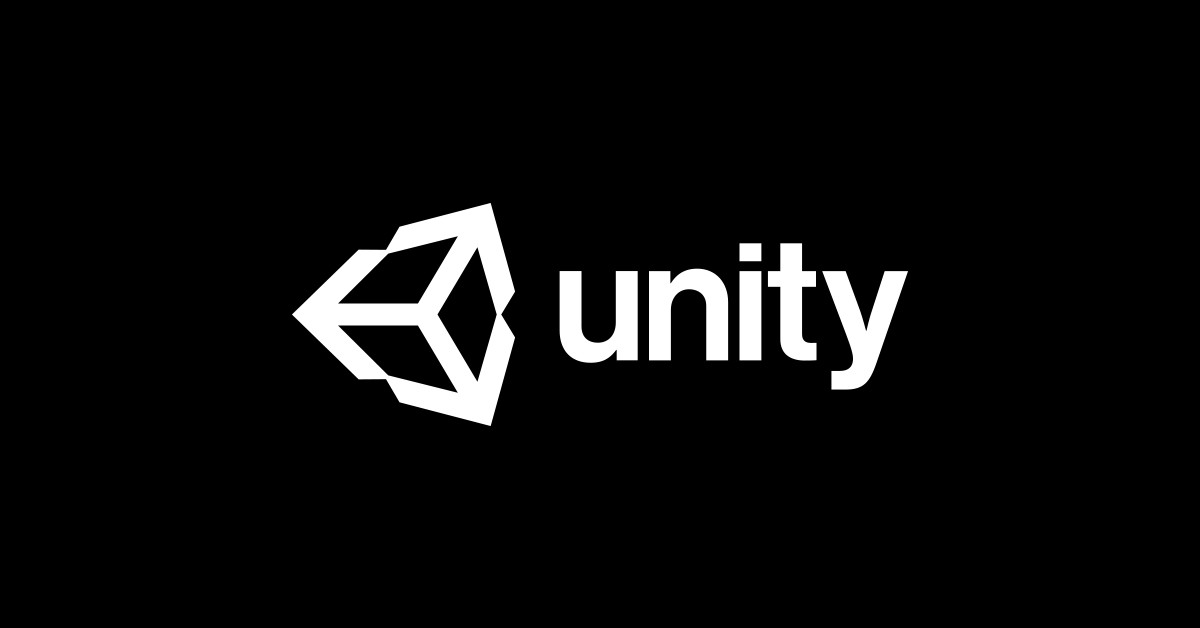Unity has changed its pricing model, and game developers are pissed off::Unity has announced that starting on January 1st, 2024, it will implement a new pricing model that will charge developers based on how many times a game was installed.
From what I understand this change will retroactively apply to games released in the past as well. I think that’s a rather scummy move on Unity’s part. “I’ve altered the deal. Pray I don’t alter it further.”
And it’s not like game devs have been using a free product. They already pay for it through expensive licenses per developer.
If the justification on Unity’s part is true, that for each install of a Unity game the runtime environment needs to be downloaded from their servers, then maybe they should look into fixing that rather than nickle and diming their customers for each individual install (customers in this case being the game developers)
If by “scummy” you mean “questionably legal” (obligatory IANAL), then yeah.
I’m no legal expert, and I have no familiarity with Unity’s licensing terms. So I didn’t want to outright call what they are doing illegal.
For all I know they did technically have a clause in their licensing agreement that allows them to do this. But that wouldn’t make it any less of a scum move imo.It’ll be interesting to see what the lawyers will make of this.
I read in a other thread, that they’re not doing it retro actively on paper. Its part of the new terms for new licenses.
But since their licenses are perpetual and need to be renewed constantly, it will affect everyone when they hit the next cycle. Everything released afterwards is then affected. This even includes current projects in the works and even finished ones when you want to do a bug fix. That way, they seem to be “safe” to do that legally.
I also do anal!
According to the article, it’s not retroactively charged, but still bad if your game is about to come out and you haven’t accounted for this.
Nothing is downloaded from Unity servers. This is an attempt at recouping money from developers making over 1M per year.
Time to learn Godot.
It’s not perfect but is the best we have. And it keeps improving nicely.
But with the new interest it will improve much faster. I hope it will be on the same level as Blender.
And if you’re a moderate to professional programmer, tbh its better than unity or unreal already because how much you can hack into it.
The editor itself was made simply using Godot primitives
Or check out Defold. Lightweight, fast, open source. It’s amazing especially for 2D stuff.
They expect Game Pass titles to have their bill footed by Microsoft.
There’s kicking the nest, and then there’s kicking the fucking queen bee.
Honestly the most credible theory I can come up with for why Unity is doing this is that it’s an attempt to force MS to acquire them to stop the effect this BS will have on gamepass and C#
Either microsoft buys them, or they simply stop putting unity games on gamepass.
Can’t see them paying it (or on what basis, since MS don’t have a contract with unity in the first place).
Can’t wait an indie developer to go bankrupt because the super secret algorithm counted updates as new installations and the developer gets billed multiple times for their whole player base.
This is the best summary I could come up with:
Popular video game engine Unity is making big changes to its pricing structure that’s causing confusion and anger among developers.
“We are introducing a Unity Runtime Fee that is based upon each time a qualifying game is downloaded by an end user,” the company shared on its blog.
Also we believe that an initial install-based fee allows creators to keep the ongoing financial gains from player engagement, unlike a revenue share.”
Additionally, there’s the concern that malicious actors could use this information to run up charges by continuously downloading and redownloading games as a form of protest or griefing.
All those fears were seemingly confirmed when Stephen Totilo of Axios tweeted that Unity stated it would indeed charge a developer each time a game was redownloaded or downloaded to different devices.
An additional tweet from Totilo stated that Unity would implement fraud detection tools and allow developers to report potential cases of abuse.
The original article contains 989 words, the summary contains 153 words. Saved 85%. I’m a bot and I’m open source!
deleted by creator
Well, glad that I switched away from Unity in 2016. The competition by the Unreal Engine caused some really weird business decisions back then.
Meh if you have $200k+ in sales last year then you have enough money to pay the most important vendor of your product
If you’re lucky $200k could pay back one full time employee for a year and get you some marketing. If you’re an indie dev trying to get off the ground that full time employee wage likely wouldn’t even be the same person it would be a series of contract workers. If it is your first game you have a ton of legal things to set up for the company and IP as well. Then there are store fees to pay for the privilege of being allowed to sell your game. Maybe you’re testing the waters on something and selling a game for a dollar, free tier license, it goes bigger than you expected, now a full 20% of sales (assuming a single install per sale) is going to Unity, plus store fees. Your game uses an online service that financially doesn’t scale well because you didn’t expect 200,000 people to play your game? Hope you can cancel it quick or those API call fees are going to hit hard too. $200k is nothing in game dev land and this change kinda lasers in on indie devs hoping to break into the industry.
They already paid for it though, in most cases per developer.
You’re getting downvote, but it is kinda fucked up that we all praise Steam, yet they are, along with other storefronts, taking a 30% revenue cut from every sales. There is a reason gamedevs are strangled for money. Unity’s move is tone deaf, but not only it can never realistically make up 30% of your gross, it only affects developers making over 1M per year.
Not to excuse them, but if we’re to be outraged we should at least consider the whole problem.
Anyway, I am sick of this system where all the money is funnelled by middle-men. It happens virtually everywhere and apparently it is catching up to the digital world too.
Unironically this is the one area where Epic Games is absolutely in the right. They have a 12% royalty on games sold on their platform and a 5% royalty on sales over $1 million for games made with Unreal Engine, with the UE royalty being waived entirely if it’s sold on the Epic Games store. They get a reasonable cut for maintaining one of the most powerful game engines and charge nearly a third of what Valve does for their storefront. If the Epic Store wasn’t so dog shit, they’d be an actual competitor to Valve
Am I the only one who doesn’t really feel that 30% is that ridiculous of a cut? Typical markups for retail are at least 50%. While steam doesn’t have physical storefronts or retail staff, they do actually provide a lot of value with their software. Now other launchers I think we can argue aren’t earning their 30% cut, but steam provides numerous useful APIs, community forums, mod hosting, built in social and multiplayer features above and beyond the simple distribution and payment processing required by a digital storefront.
My issue with unity’s pricing is that it’s cost a) isn’t tied to how it’s used and b) is unbounded. Let’s take a game like terraria for example. If they had used unity to build it, terraria would now suddenly be on the hook for new charges related to their game. I would at most expect unity to charge for new versions of their software as they were used in development. If my game was completed years ago, why would I continue to owe them money for a completed transaction? Secondly, terraria is the sort of game where users might frequently uninstall and reinstall as new updates come out. I’m now disincentivized to make new updates (especially free updates) that might cause my users to reinstall my game and end up costing me more money.
The margins on the gamedev industry are not that large, you should read some testimonies from veterans. It’s a ruthless industry.
Games take years to make, and you can’t change engines now if your game is about to come out.
And if you upgrade to an annual 1600 dollar pro license that becomes a million dollars and a million installs before any per install pricing comes in.
Doesn’t seem wild to me.












